IMF’s global financial system cyberattack wargame a signal of what is to come?
Israel on Thursday led a 10-country simulation of a major cyberattack on the global financial system in an attempt to increase cooperation that could help to minimise any potential damage to financial markets and banks.
The simulated “war game”, as Israel’s Finance Ministry called it and planned over the past year, evolved over 10 days, with sensitive data emerging on the Dark Web. The simulation also used fake news reports that in the scenario caused chaos in global markets and a run on banks.
The simulation — likely caused by what officials called “sophisticated” players — featured several types of attacks that impacted global foreign exchange and bond markets, liquidity, integrity of data and transactions between importers and exporters.

Many watchers of the IMF and the global “elites” actions are alarmed by this war game / simulation, as most of them have not forget the last time they did something like that, that “something” came true.
Yes, I’m talking about the Event 201: Global Pandemic Exercise.
This last exercise before we all went into collective isolation was conducted on the October 18, 2019.
It’s hard not to draw the link between this exercise with the pandemic that it was simulating that then happened just 2 months later.
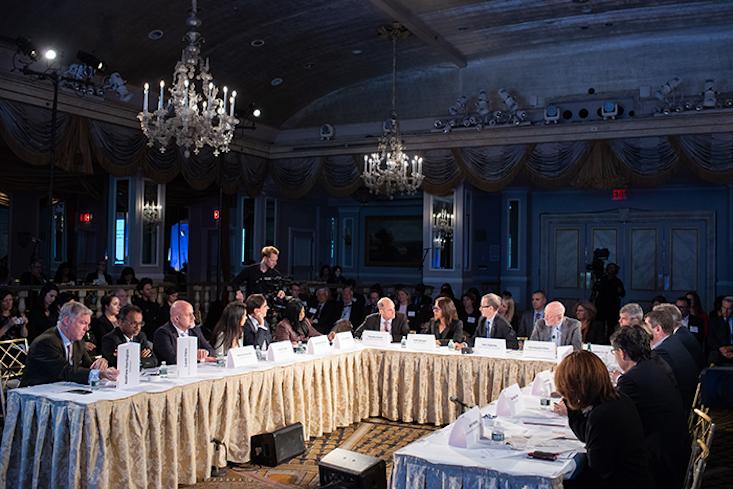
For me, I would take ANY major actions from the “elites” as signals of what might be brewing behind the scene, beyond the sight and sound of the public. Perhaps, there is some intel that was received that encouraged the need to conduct such an exercise to identify the gap into the global system to deal with a pandemic that we havent seen for a hundred years (the last major pandemic was the influenza aka Spanish flu in the midst of World War 1 that wiped out an estimated 17 to 100 millions lives across the globe).
Participants in the initiative, called “Collective Strength”, included treasury officials from Israel, the United States, the United Kingdom, United Arab Emirates, Austria, Switzerland, Germany, Italy, the Netherlands and Thailand, as well as representatives from the International Monetary Fund, World Bank and Bank of International Settlements.
The narrator of the film in the simulation said governments were under pressure to clarify the impact of the attack, which was paralysing the global financial system.
“The banks are appealing for emergency liquidity assistance in a multitude of currencies to put a halt to the chaos as counterparties withdraw their funds and limit access to liquidity, leaving the banks in disarray and ruin,” the narrator said.
The participants discussed multilateral policies to respond to the crisis, including a coordinated bank holiday, debt repayment grace periods, SWAP/REPO agreements and coordinated delinking from major currencies.
Rahav Shalom-Revivo, head of Israel’s financial cyber engagements, said international collaboration between finance ministries and international organizations “is key for the resilience of the financial eco-system.”
Now, after 2 years of regular and major cyber attacks on the United States and many other countries – it is not inconceivable that those attacks are just trial runs and testing on cyber weaponry by certain state actors or hidden organisation.
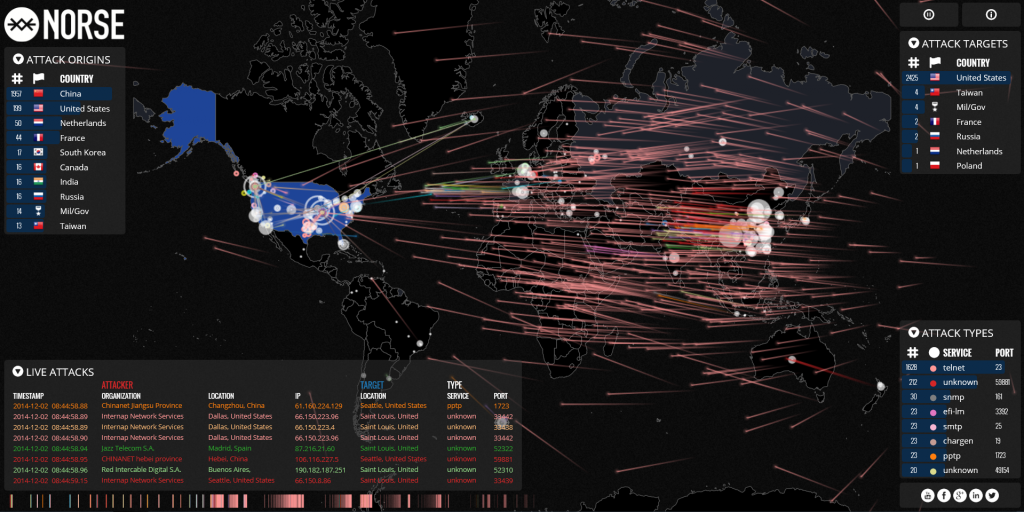
When we talk of state actors, its unavoidable to suspect it is either Russia or China. And given the current geopolitical situation, the tension rising between NATO and Russia at the Ukraine front; as well as the collapsing Chinese economy which might drive China to do some drastic actions to distract the population and eliminate those debt – we might very well be on the way to a worse year in 2022 than in 2021.
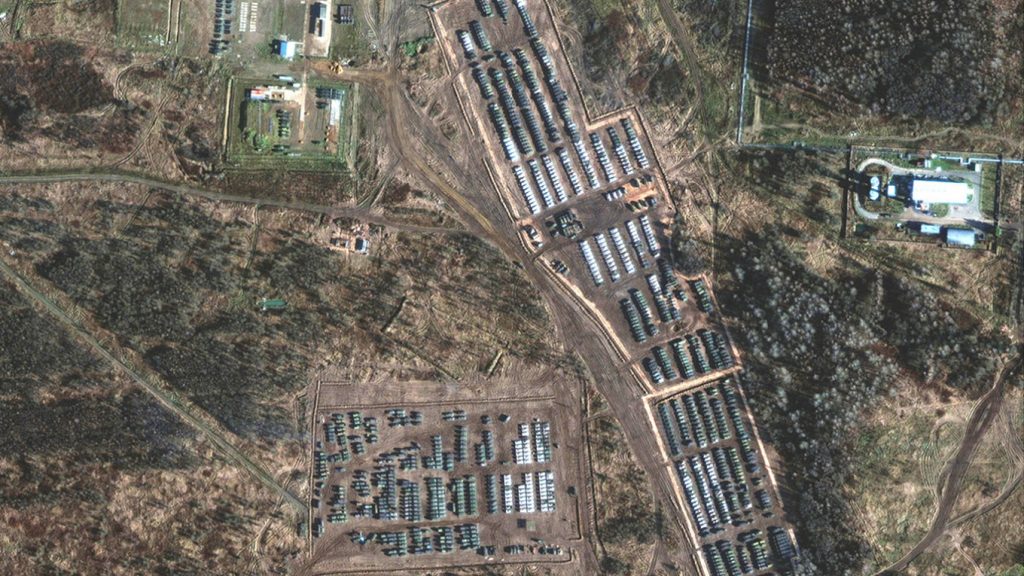
My own gut feelings is still to continue pointing my fingers at China. The collapse of the global financial system is actually extremely disadvantageous to Russia as they generally have an open economy that they are constantly trying to tie it back up with the rest of Europe like they were before the sanctions were slapped on them over Crimea.
However, China on the other hand is an entirely different situation altogether. China’s financial system is not “tied up” with the rest of the world as much as many people like to think. China had been over-extending their economy and financial system for a long time, and it is now catching up with them. With debt spiraling out of control of major corporations that had previously been the pride of the Chinese Communist Party regime, real estate companies and banks had been closing down and declared bankrupt on an increasing pace.

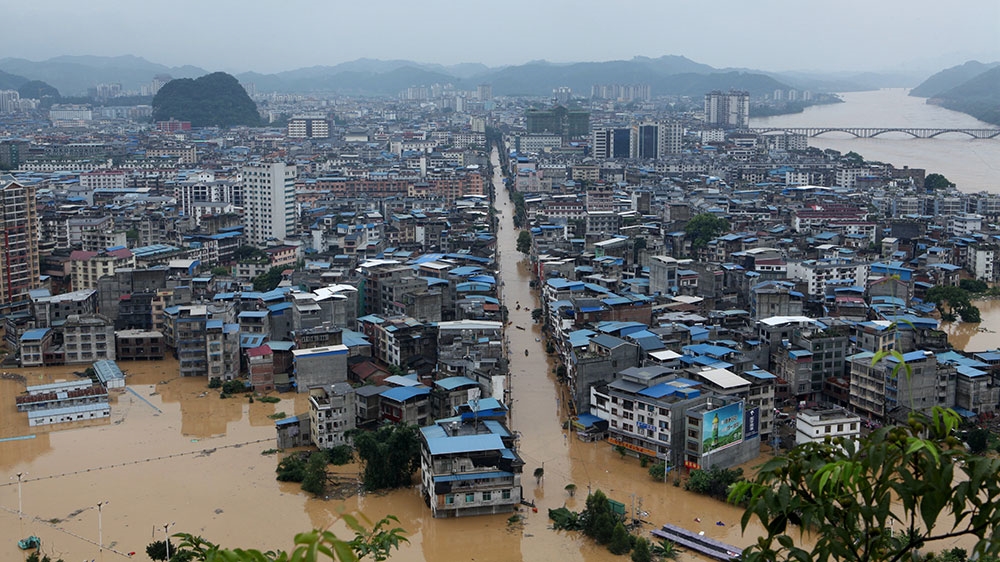

The “new Cultural Revolution” that Xi Jinping is currently pushing within China to eliminate all his potential adversaries and the powerful business elites further damages the already fragile and US-dependent economy. With Biden not playing ball, China’s inability to step down from it’s trade war with Australia (exacerbating their power and coal crisis) and Xi’s desperation to maintain control & power despite a full year of ravaging natural disaster – China counter-intuitively is focusing more on military rhetoric and propaganda pushing for it’s people to embrace the heroic of war and the glory that would come with war.

Experts and commentators had been talking up China’s firmer and firmer intention to invade Taiwan over the past 2-3 months – with some saying that war between China and Taiwan is not inevitable. At DPA, we aren’t so sure about that, but we do observed increased military activity from the “allied nations” with European nations, sending their ships/fleet to sail around the South China Sea, in a statement of warning to China. Japan had also drop it’s reservation about increased militarisation, while Australia risk it all with it’s relationship with France to form the AUKUS partnership with UK and USA. All these means that China would have to think twice or thrice about their invasion plans against Taiwan – making an invasion extremely unpalatable.
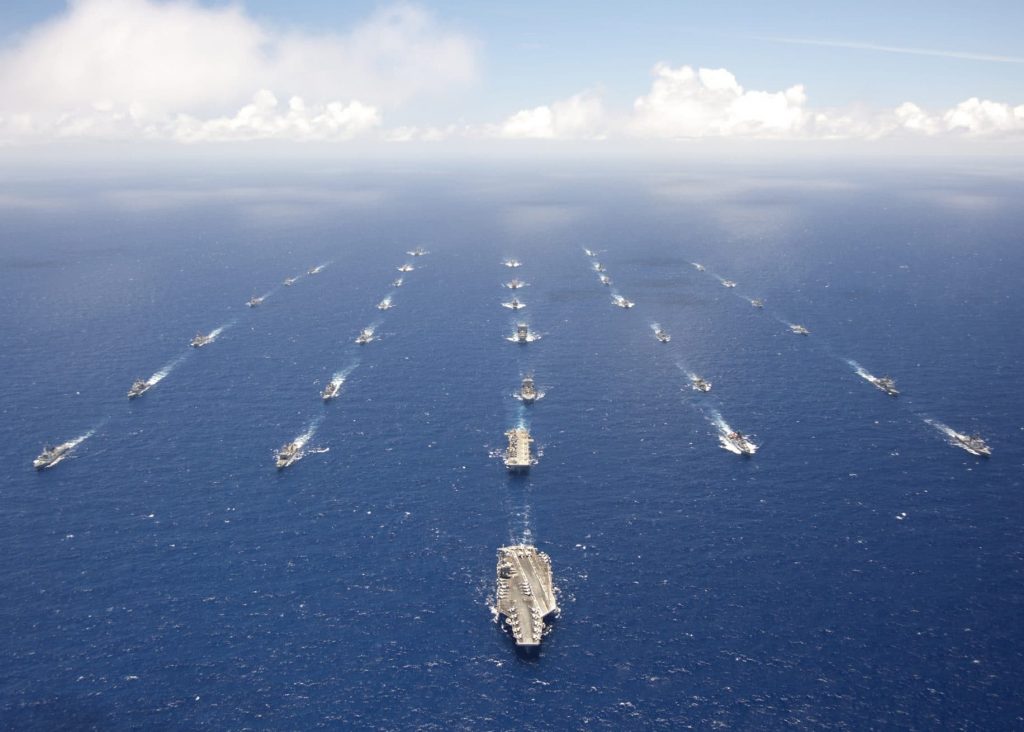
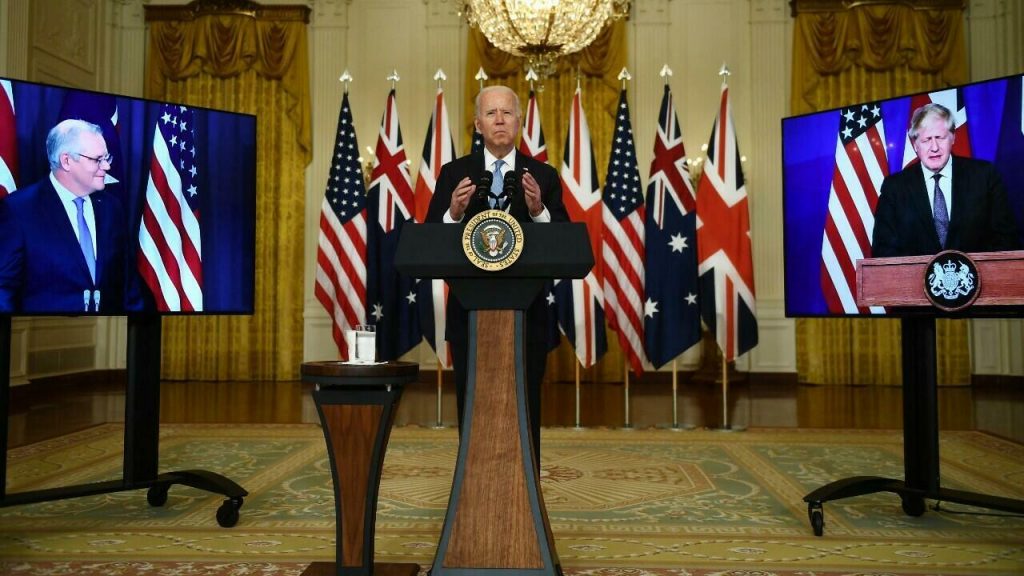
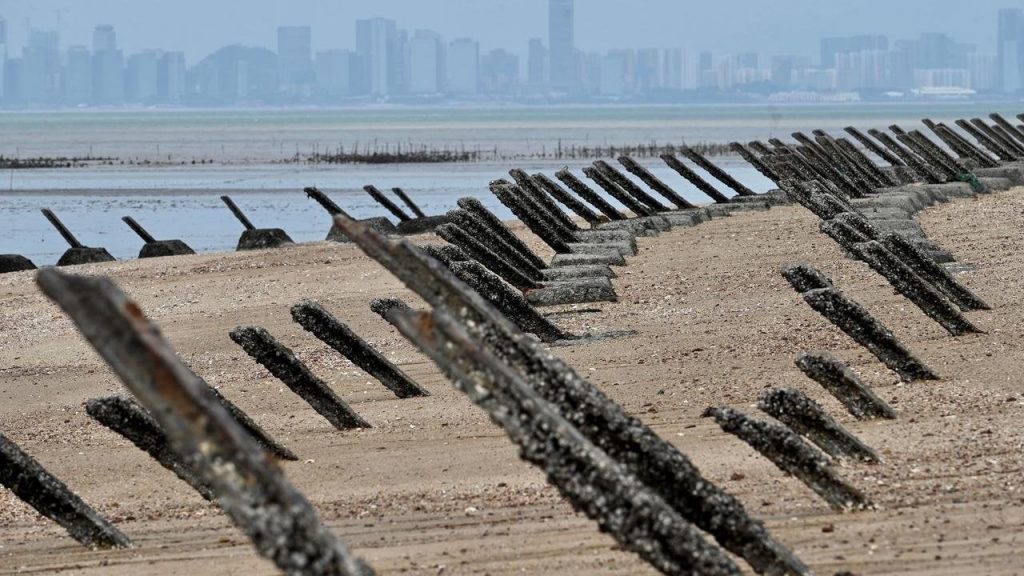
But, we must not forget China’s appetite for an “epic victory” like how they decided to weaponise the outbreak of SARS_Cov_2 by allowing it spread around the world while they themselves locked down like it had never been done in history – just in order to turn the losing tide against Trump’s trade war.
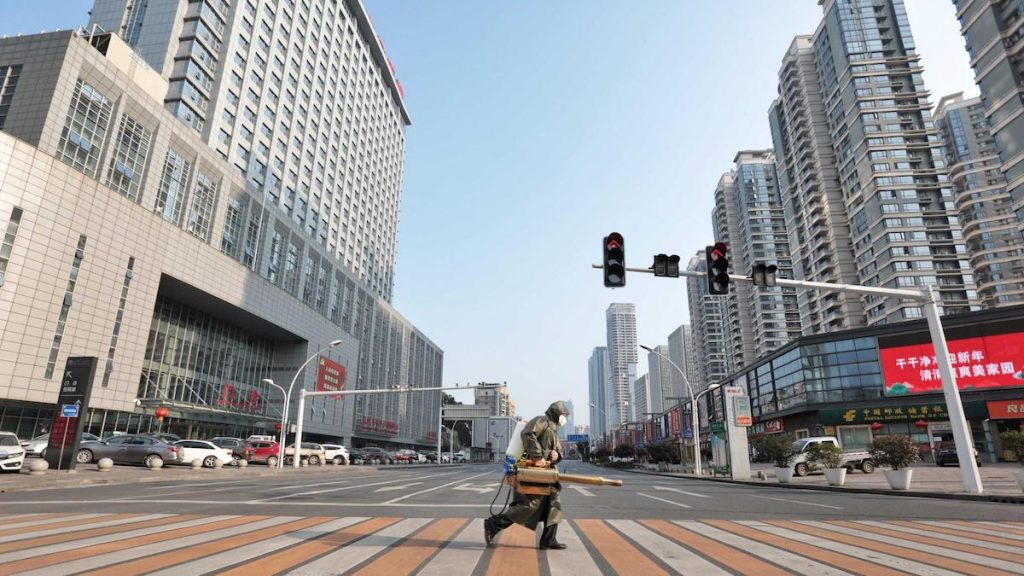
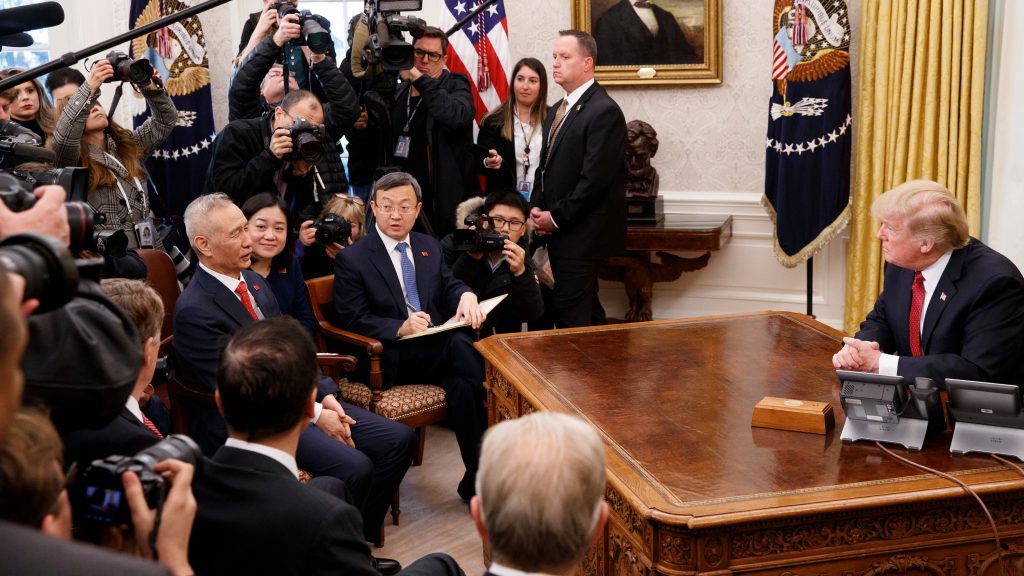
Thus, in what scenario would China find it more “do-able” to invade Taiwan? What should happen to the rest of the world, in order to distract them significantly enough to prevent them from partaking in the defense and punitive war/action against China themselves for invading Taiwan? How about a global financial meltdown with all major financial and economic functions crippled to a standstill through cyber attacks on the already fragile global economy that is still recovering from the pandemic?

